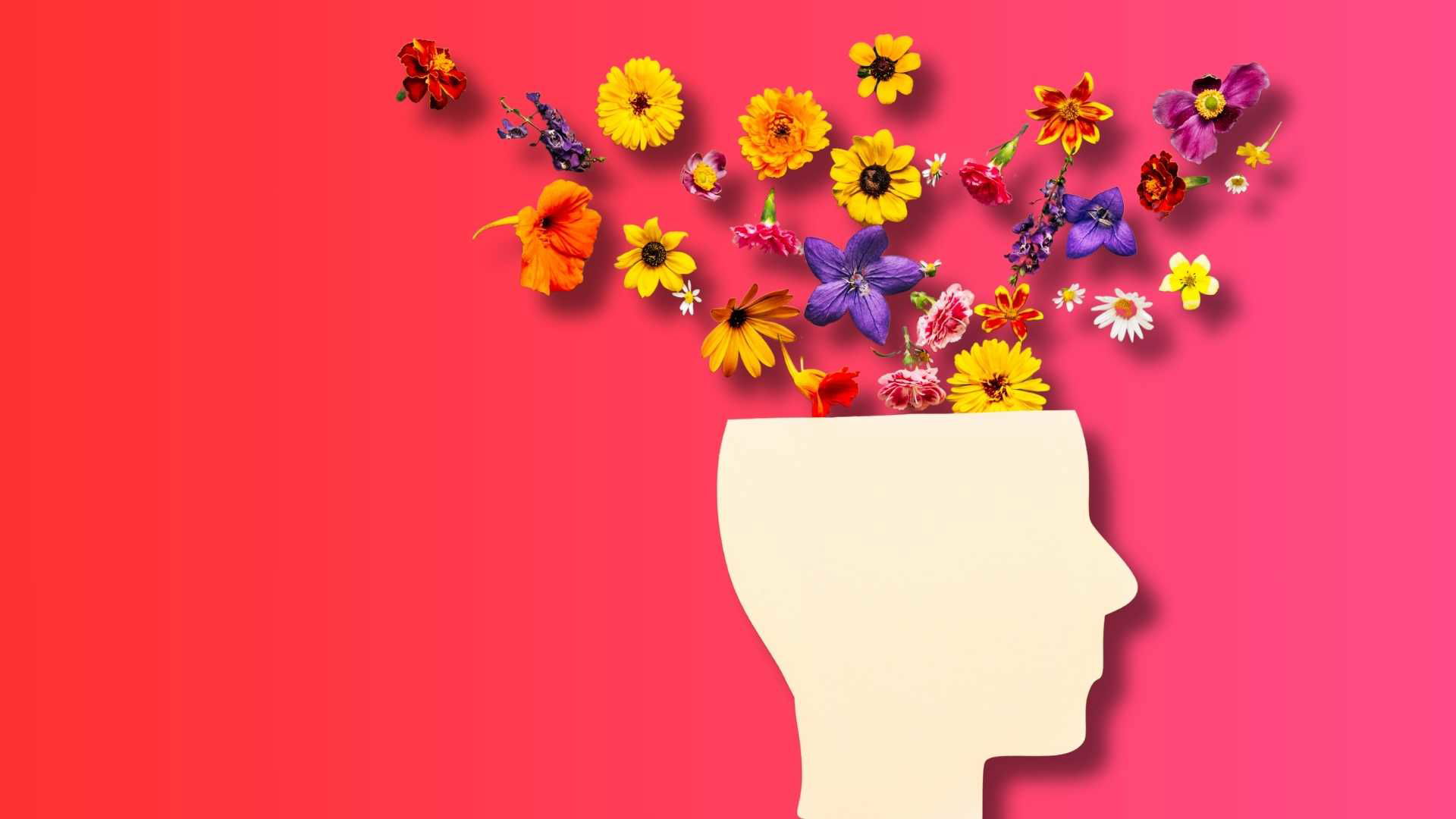Key Takeaways
Red Light Therapy (RLT) in Mental Health
- Red light therapy (RLT) is a transformative approach using red light wavelengths to improve cellular health and neural function.
- RLT shows promise in treating depression, anxiety, and stress.
- It also enhances sleep quality and supports overall mental well-being.
- Embrace RLT as part of a comprehensive mental wellness routine for a balanced, healthier state of mind.
- Learn more about this innovative therapy at Find red light therapy near you.
Introduction
In a world where mental health is becoming an increasingly prominent part of our daily conversations, there’s a surprising yet profoundly effective player emerging on the scene: red light therapy (RLT). This therapy, known for its simplicity and non-invasive nature, is showing remarkable promise in the realm of mental wellness.
Redefining Mental Health Care
The landscape of mental health care is undergoing a significant transformation. As we broaden our understanding of mental health, we’re moving beyond the traditional confines of medication and therapy. This is where red light therapy (RLT) comes in, representing a new frontier in mental health care. It’s not just an alternative; it’s a complementary approach that can be integrated with traditional therapies, offering a holistic path to mental wellness.
The Underlying Science: A Deeper Look
The science behind RLT is both fascinating and complex. At its core, RLT impacts cellular health, particularly the mitochondria—the powerhouses within our cells. When these mitochondria are stimulated by the specific wavelengths of red light, they become more efficient at producing energy. This increase in energy can lead to enhanced neural function, which is crucial in addressing various mental health conditions. Moreover, RLT is believed to have an anti-inflammatory effect on the brain, which is significant considering the link between inflammation and many mental health disorders.
Combatting Depression and Anxiety
RLT’s potential for treating depression and anxiety lies in its ability to alter brain chemistry and functionality. The therapy may help increase the production of neurotransmitters like serotonin and dopamine, which play critical roles in mood regulation. For those suffering from depression and anxiety, RLT offers a ray of hope—a non-invasive way to potentially rebalance brain chemistry and bring about a sense of calm and emotional stability.
Stress: The Silent Epidemic
Chronic stress is a pervasive issue in modern society, often leading to a host of physical and mental health problems. RLT addresses stress by creating a serene, tranquil environment, allowing individuals to relax and decompress. This relaxation response is crucial in mitigating the effects of chronic stress and promoting a state of mental equilibrium.
The Sleep Connection
The link between sleep and mental health cannot be overstated. RLT has the potential to positively impact sleep by regulating melatonin production, a hormone that governs our sleep-wake cycle. By improving sleep quality and restoring a natural circadian rhythm, RLT can play a vital role in alleviating the symptoms of mental health disorders that are often exacerbated by poor sleep.
Building a Mental Wellness Routine
Incorporating RLT into a mental wellness routine can be a transformative experience. It’s about setting aside time for self-care and creating a tranquil space where one can focus on mental regeneration. Consistent use of RLT can lead to cumulative benefits, contributing significantly to overall mental health and resilience.
Beyond the Light: A Holistic View
Embracing RLT is about embracing a holistic view of mental health. It acknowledges that mental wellness is not just about treating symptoms but about nurturing overall health. This holistic view encompasses a balanced diet, regular physical activity, mindfulness practices, and other wellness strategies, with RLT as a complementary component in this multifaceted approach.
A Brighter Future in Mental Health
The future of mental health care looks promising with the integration of therapies like RLT. This approach represents a shift towards more personalized, patient-centered care, where individual choice and holistic methods are valued alongside traditional treatments.
Embracing the Journey to Mental Wellness
The journey to mental wellness is unique for each person. RLT offers a path on this journey that is gentle, non-intrusive, and supportive. It’s a therapy that not only addresses specific mental health issues but also contributes to a broader sense of well-being and quality of life.
To embark on a new path in your mental wellness journey, consider the unique benefits of red light therapy. Explore this innovative approach by visiting Find red light therapy near you. Embrace the journey to a healthier, more balanced state of mind.
FAQs:
Red light therapy is a non-invasive treatment using specific wavelengths of red light. In mental health, RLT is emerging as a beneficial tool due to its ability to impact cellular health, particularly mitochondria in brain cells. This impact can enhance neural function, potentially improving various mental health conditions by increasing cellular energy and reducing brain inflammation.
Mental health care is evolving beyond traditional medication and therapy. RLT represents a new frontier, offering a complementary approach that can be integrated with conventional treatments. It provides a holistic path to mental wellness, broadening the scope of mental health care to include innovative, non-pharmacological options.
RLT’s effectiveness in mental health is rooted in its ability to stimulate mitochondria, the energy producers in cells. This stimulation increases the production of ATP (adenosine triphosphate), enhancing cell function and energy levels. The therapy’s potential anti-inflammatory effect on the brain is also crucial, considering inflammation’s link to mental health disorders.
RLT may combat depression and anxiety by altering brain chemistry and functionality. It’s thought to increase neurotransmitters like serotonin and dopamine, which are crucial for mood regulation. This could offer a non-invasive option to rebalance brain chemistry, aiding in achieving emotional stability and calmness.
Chronic stress, a widespread issue, leads to various physical and mental health problems. RLT helps combat this by creating a serene environment, allowing relaxation and decompression. This relaxation response is key to reducing the impact of chronic stress and promoting mental balance.
Sleep is deeply connected to mental health. RLT can positively impact sleep by regulating melatonin production, the hormone controlling our sleep-wake cycle. Improving sleep quality and restoring natural circadian rhythms can significantly alleviate the symptoms of mental health disorders, often worsened by poor sleep.
Incorporating RLT into a mental wellness routine can be transformative. It involves dedicating time to self-care and mental regeneration in a tranquil space. Regular use of RLT can yield cumulative benefits, enhancing overall mental health and resilience.
Embracing RLT means adopting a holistic view of mental health. This approach goes beyond symptom treatment, focusing on nurturing overall health. It encompasses a balanced diet, regular exercise, mindfulness practices, and other wellness strategies, with RLT serving as a complementary element in this multifaceted approach.
The future of mental health care, with the integration of RLT, is promising. This approach signifies a shift towards personalized, patient-centered care that values individual choice and holistic methods alongside traditional treatments. It represents a step forward in diversifying and enriching mental health care options.
RLT offers a gentle, non-intrusive, and supportive path on the mental wellness journey. It’s not just about addressing specific mental health issues but also contributing to a broader sense of well-being and quality of life. RLT allows individuals to take an active role in their mental health care, providing a therapy option that complements their unique needs and preferences. It’s about embracing a journey to a healthier and more balanced state of mind. The RLT therapy aids in cultivating inner peace, emotional balance, and mental clarity.



